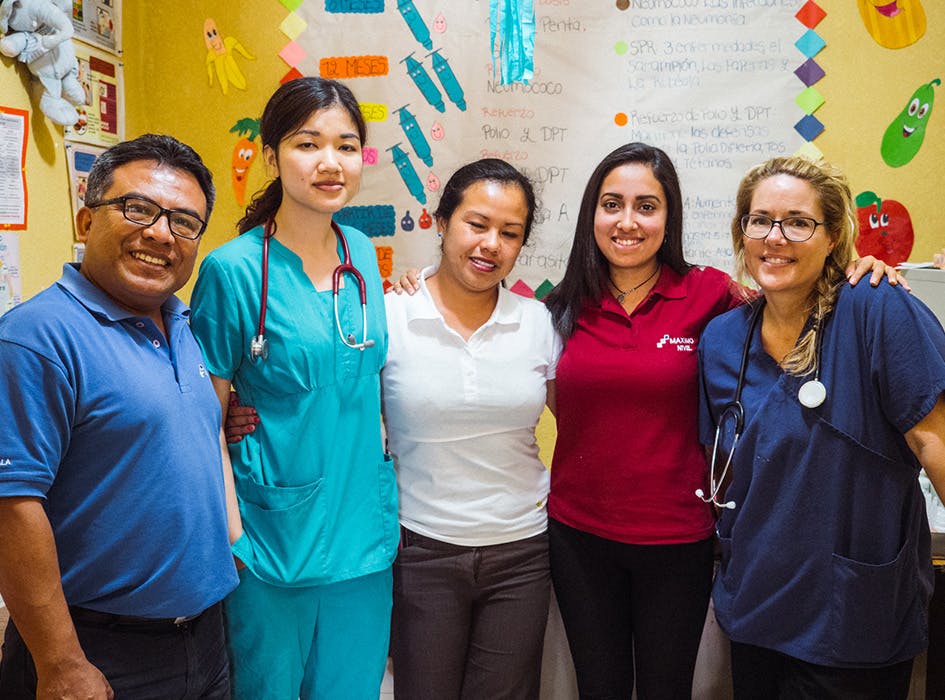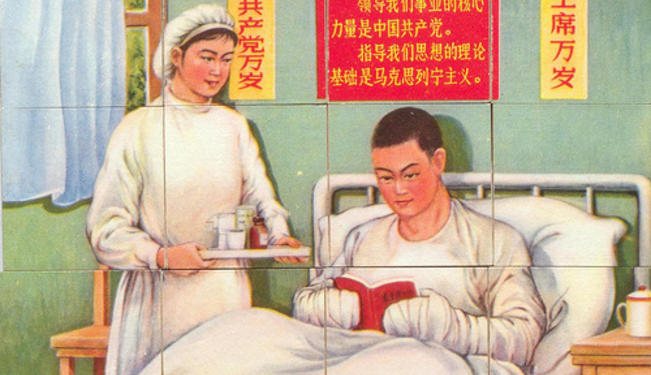Healthcare – Chinese and Guatemalan heritage
Healthcare – Chinese and Guatemalan heritage
- In your own words discuss and compare the development of health care in the Chinese and Guatemalan heritage.
- Describe if there is any similarity between both cultures regarding the health care beliefs.
APA format word document, a minimum of 2 evidence-based references no older than 5 years, and a minimum of 500 words are required.


Comparison of Healthcare Development in Chinese and Guatemalan Heritage
The development of healthcare in Chinese and Guatemalan cultures is deeply rooted in their respective historical and cultural contexts. In China, traditional Chinese medicine (TCM) has a long history dating back over 2,000 years. It is based on the belief in balance and harmony between the forces of yin and yang, and it includes practices such as acupuncture, herbal medicine, and tai chi. Over time, China’s healthcare system has evolved to incorporate Western medicine, creating a blend of modern medical practices and traditional treatments. The integration of Western healthcare began in the early 20th century, and today, China has a robust healthcare system that includes both state-run hospitals and private healthcare providers. However, many rural areas still heavily rely on TCM due to limited access to modern healthcare facilities.
In contrast, Guatemala’s healthcare development is shaped by its colonial history and indigenous Mayan culture. The healthcare system in Guatemala is a mix of public and private institutions, but access to healthcare remains a significant challenge, particularly in rural areas where indigenous populations live. Traditional Mayan medicine, which includes herbal remedies and spiritual healing practices, is still widely practiced among indigenous communities. Guatemala’s healthcare system has faced significant challenges in terms of funding, infrastructure, and accessibility, leading to disparities in healthcare outcomes, especially among rural and indigenous populations. The government has made efforts to improve healthcare services, but there remains a gap between urban and rural healthcare access.
Similarities in Healthcare Beliefs
Despite the geographical and cultural differences, there are similarities in healthcare beliefs between Chinese and Guatemalan cultures. Both cultures place significant emphasis on the use of natural remedies and holistic approaches to health. In Chinese culture, the use of herbs and natural medicines is central to TCM, while in Guatemala, traditional medicine among indigenous populations involves the use of plants and herbs for healing. Both cultures also emphasize the importance of maintaining balance for good health, whether it is the balance of yin and yang in Chinese medicine or the balance between the spiritual and physical realms in Mayan healing practices.
Another similarity is the role of spirituality in health. In both cultures, health is not just seen as a physical condition but is also influenced by spiritual and emotional factors. In Chinese culture, practices such as tai chi and meditation are used to promote mental and spiritual well-being. Similarly, in Guatemalan indigenous culture, spiritual healers, known as curanderos, perform rituals to cleanse the body and soul. This holistic approach to health, which combines physical, mental, and spiritual care, is a common thread in both cultures’ healthcare beliefs.
Conclusion
The healthcare systems of both China and Guatemala have evolved from deeply traditional roots. While China has integrated modern medical practices with its ancient TCM, Guatemala continues to rely on a mix of modern and traditional healthcare approaches. Both cultures share a belief in holistic health, with a strong reliance on natural remedies and a spiritual component in healing. However, access to healthcare in rural and indigenous areas remains a challenge in both countries, highlighting the need for ongoing healthcare reforms to improve equity and access to quality healthcare.
References
Fernandez, A., & Fischer, C. (2019). Health and healthcare in Guatemala: Current situation and challenges. Global Health Journal, 13(2), 120-127. https://doi.org/10.1016/j.globalhealth.2019.07.001
Ma, Y., & Zhang, W. (2020). The evolution of China’s healthcare system: Moving towards a balanced approach of traditional and Western medicine. Journal of Health Policy, 18(3), 202-210. https://doi.org/10.1016/j.jhealthpol.2020.03.002



